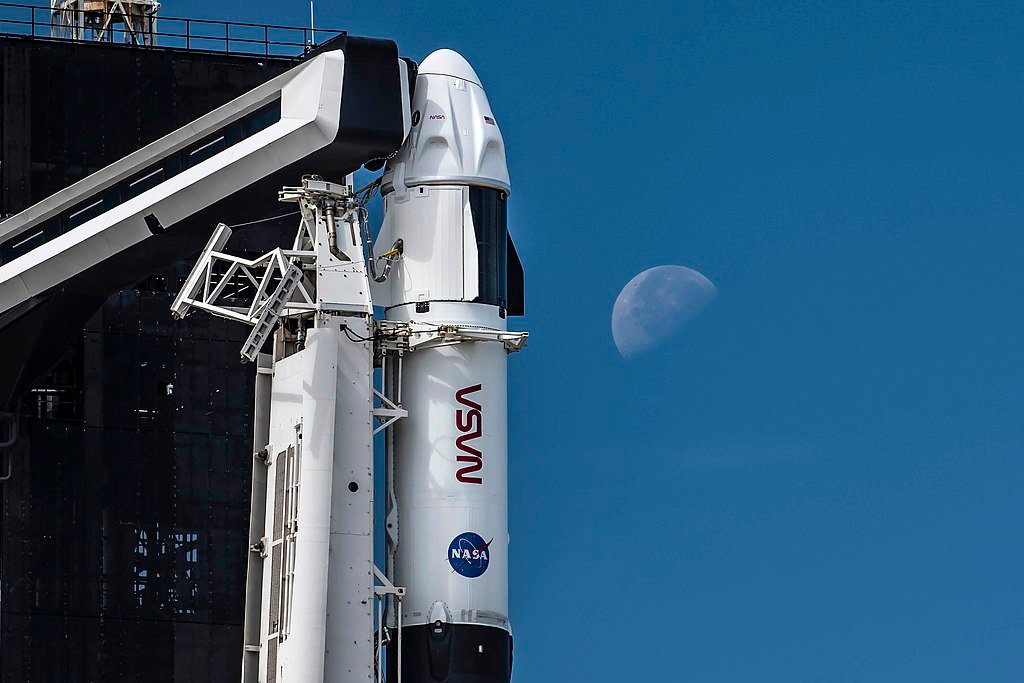When the most influential tech billionaire in the world and the U.S. president square off in a high-stakes game of political brinkmanship, what results? The response appears to compromise America’s supremacy in space. An explosive conflict between Elon Musk and President Donald Trump over a tax bill descended into threats last week that might compromise NASA’s missions, wreck Pentagon satellite launches, and leave astronauts stranded on the International Space Station (ISS). The core of the conflict is Musk’s rash threat to decommission SpaceX’s Dragon spacecraft, America’s only crewed orbital vehicle in response to Trump’s promise to cancel billions in government contracts. What results? A sobering reminder of how dangerously dependent the United States has grown on one mercurial billionaire to get to the stars.
The Feud That Shook the Space Industry
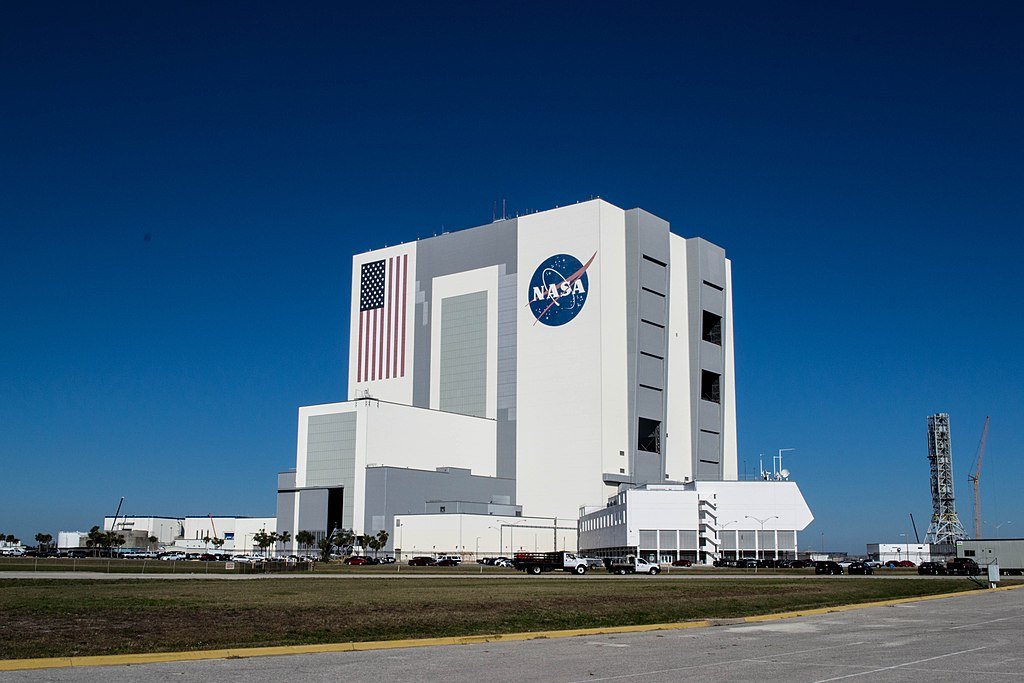
The clash began when Musk publicly lambasted Trump’s $1.2 trillion “Big, Beautiful Bill,” calling it a “disgusting abomination” laden with pork-barrel spending. Trump retaliated by threatening to strip SpaceX of its federal contracts, worth an estimated $22 billion. Musk’s response was swift and staggering: a now-deleted post declaring SpaceX would “begin decommissioning its Dragon spacecraft immediately.” Within hours, he walked it back but the damage was done. NASA and Pentagon officials were left scrambling, realizing just how vulnerable U.S. space operations are to the whims of a single CEO.
Behind the scenes, sources say the White House had already been souring on Musk after withdrawing the nomination of Jared Isaacman, a Musk ally, as NASA administrator. Trump accused Isaacman of being “totally Democrat,” despite his bipartisan donations. The move, seen as a direct snub to Musk, may have been the final straw.
Dragon’s Dominance And Why Losing It Would Be Catastrophic
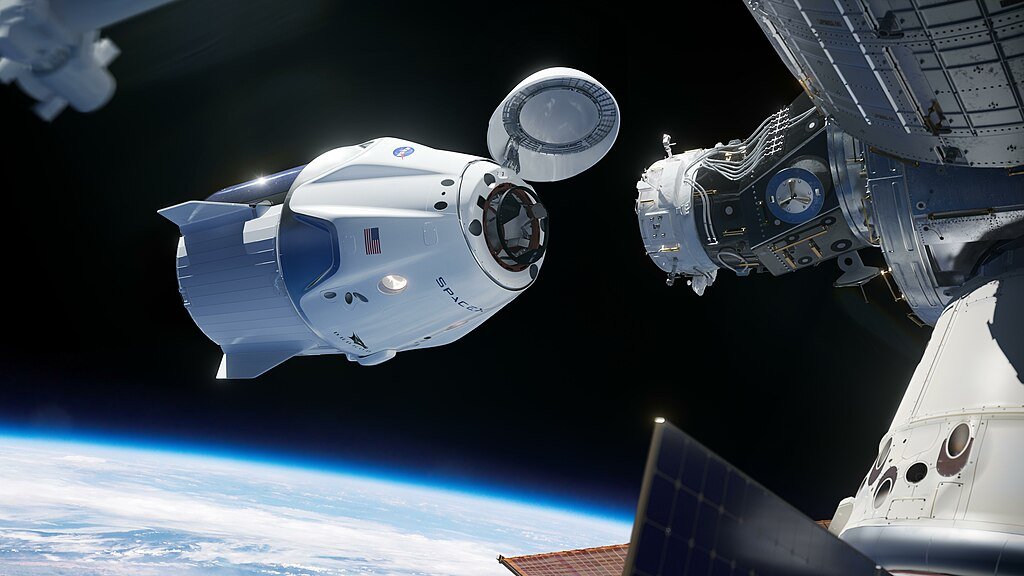
SpaceX’s Dragon isn’t just another spacecraft, it’s NASA’s only U.S.-based ride to the ISS since the Space Shuttle’s retirement in 2011. Under a $5 billion contract, Dragon has ferried astronauts and cargo since 2020, filling a gap left by Boeing’s perpetually delayed Starliner. If Musk followed through on decommissioning it, NASA would face two grim options:
- Rely on Russia’s Soyuz, a politically fraught choice amid rising tensions over Ukraine.
- Ground U.S. astronauts indefinitely halting critical research and ceding orbital access to rivals like China.
The Pentagon is equally exposed. SpaceX handles 60% of national security launches, including spy satellites and missile-defense systems. Canceling contracts could delay missions by years, as alternatives like United Launch Alliance’s Vulcan rocket remain untested for high-stakes payloads.
The Legal and Financial Quagmire
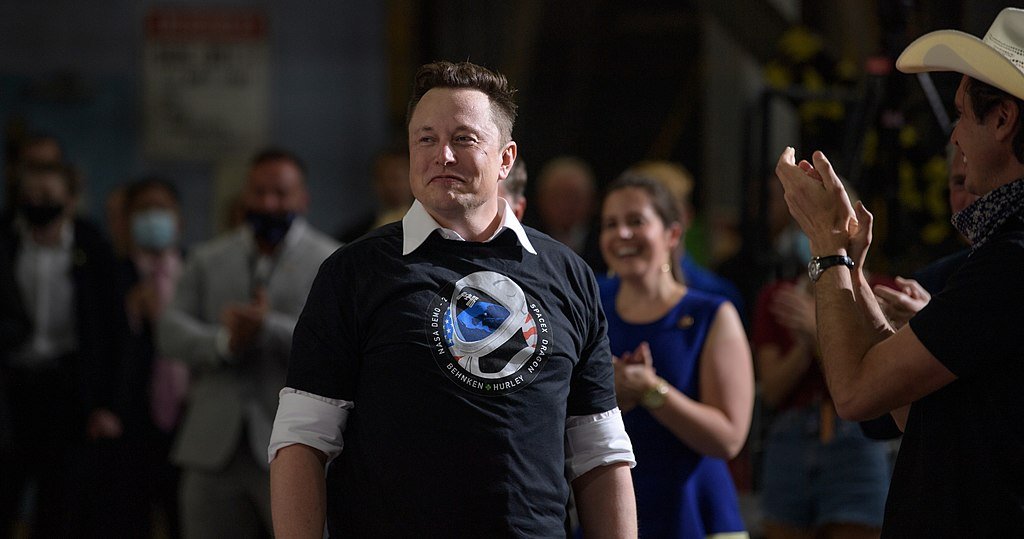
Could Trump actually cancel SpaceX’s contracts? Legal experts say it’s unlikely. Federal procurement rules require valid cause not political vendettas to terminate agreements. “It wouldn’t stand up in court,” says Lori Garver, NASA’s former deputy administrator. Similarly, Musk’s threat to abandon Dragon would breach contracts, inviting lawsuits and blacklisting SpaceX from future bids.
Financially, the stakes are staggering. SpaceX projects $15.5 billion in 2025 revenue, with $1.1 billion from NASA alone. Losing even a fraction could disrupt Starship development, Artemis moon missions, and Starlink’s military applications. Investors are already nervous; Musk’s erratic behavior has drawn comparisons to OceanGate’s doomed submersible venture, another case of a maverick CEO ignoring safety warnings.
NASA’s Desperate Scramble for Alternatives
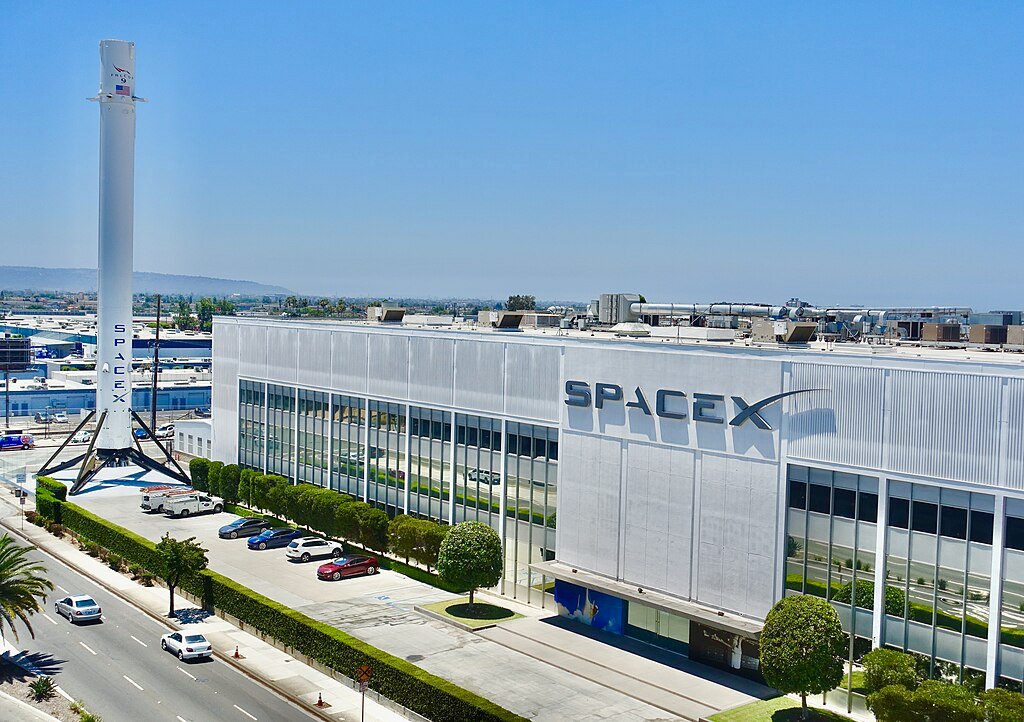
Behind closed doors, NASA and the Pentagon are urgently courting SpaceX rivals. Blue Origin, Rocket Lab, and Sierra Space have all reported sudden outreach from agencies seeking backup plans. Sierra’s Dream Chaser spaceplane, slated for cargo flights this year, is now being fast-tracked for crewed missions. Meanwhile, Boeing is under pressure to fix Starliner though its 2026 launch target leaves a dangerous gap.
The Pentagon is also diversifying. Its new “Lane 1” and “Lane 2” launch systems aim to reduce SpaceX’s monopoly, but competitors lag far behind. As one official admitted, “There’s no replacing Falcon 9’s launch cadence anytime soon”.
The Geopolitical Fallout: A Gift to China?
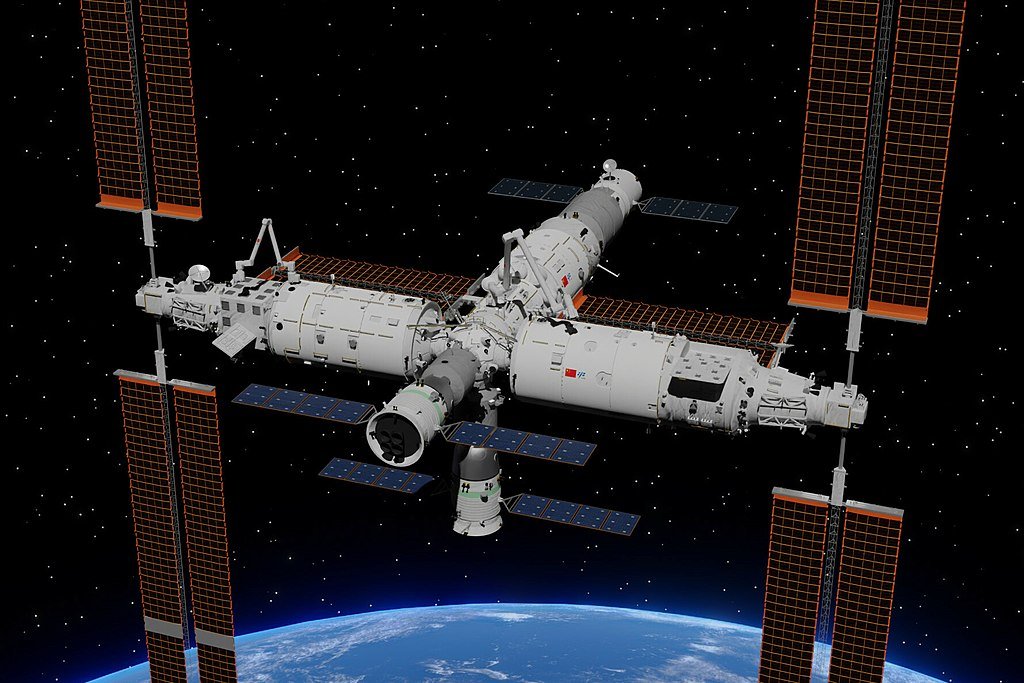
While Washington reels, Beijing is watching closely. China’s Tiangong space station is expanding, and its lunar ambitions outpace Artemis’s delayed timeline. If the U.S. falters, “we risk ceding the next decade in space to authoritarian regimes,” warns defense analyst Todd Harrison. Musk’s Mars obsession which he recently prioritized over the moon could further divert resources from urgent orbital needs.
A Wake-Up Call for Space Policy

This conflict reveals a fundamental weakness in U.S. space policy: too much reliance on privately held businesses run under erratic leadership. SpaceX transformed access to orbit, but its supremacy today creates a national security concern. Legislators are calling for changes including:
- Requiring duplicate crew/cargo systems to stop single-point failures.
- Increasing contractor responsibility could call for CEO behavior clauses.
- Increasing money for rivals will help to restore healthy rivalry.
What Happens Next?
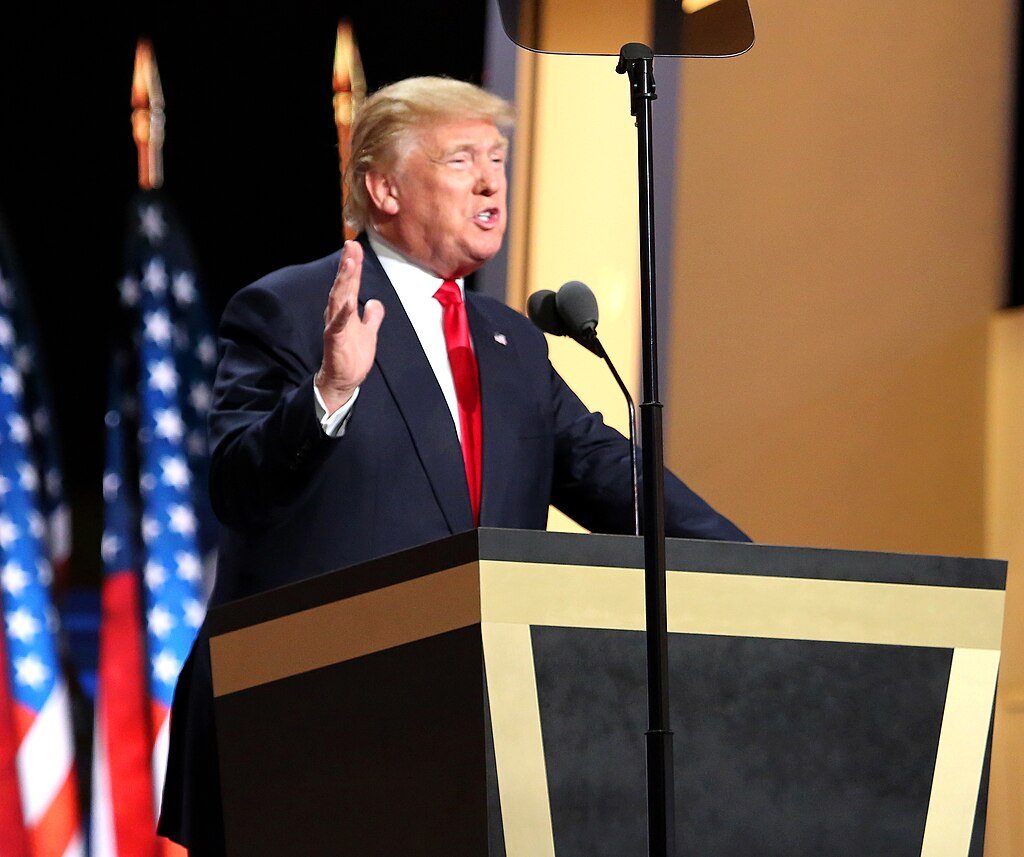
For now, both sides have retreated. Musk’s “cool off” tweet suggests pragmatism may prevail, but the distrust lingers. Trump could still target SpaceX via budget cuts or regulatory hurdles, while Musk’s volatility remains a wild card.
One thing is clear: America’s space ambitions hang in the balance not because of technical failures, but because of two men’s egos. As Garver starkly put it: “Rogue billionaires shouldn’t hold the keys to space”.
Final Thought
The Musk-Trump conflict is a stress test for the resilience of the U.S. space industry, not only a political one. Whether it drives better policies or spirals into a full-fledged crisis will define who guides the next phase of space exploration: divided America or its emerging rivals.
Sources:

Suhail Ahmed is a passionate digital professional and nature enthusiast with over 8 years of experience in content strategy, SEO, web development, and digital operations. Alongside his freelance journey, Suhail actively contributes to nature and wildlife platforms like Discover Wildlife, where he channels his curiosity for the planet into engaging, educational storytelling.
With a strong background in managing digital ecosystems — from ecommerce stores and WordPress websites to social media and automation — Suhail merges technical precision with creative insight. His content reflects a rare balance: SEO-friendly yet deeply human, data-informed yet emotionally resonant.
Driven by a love for discovery and storytelling, Suhail believes in using digital platforms to amplify causes that matter — especially those protecting Earth’s biodiversity and inspiring sustainable living. Whether he’s managing online projects or crafting wildlife content, his goal remains the same: to inform, inspire, and leave a positive digital footprint.

